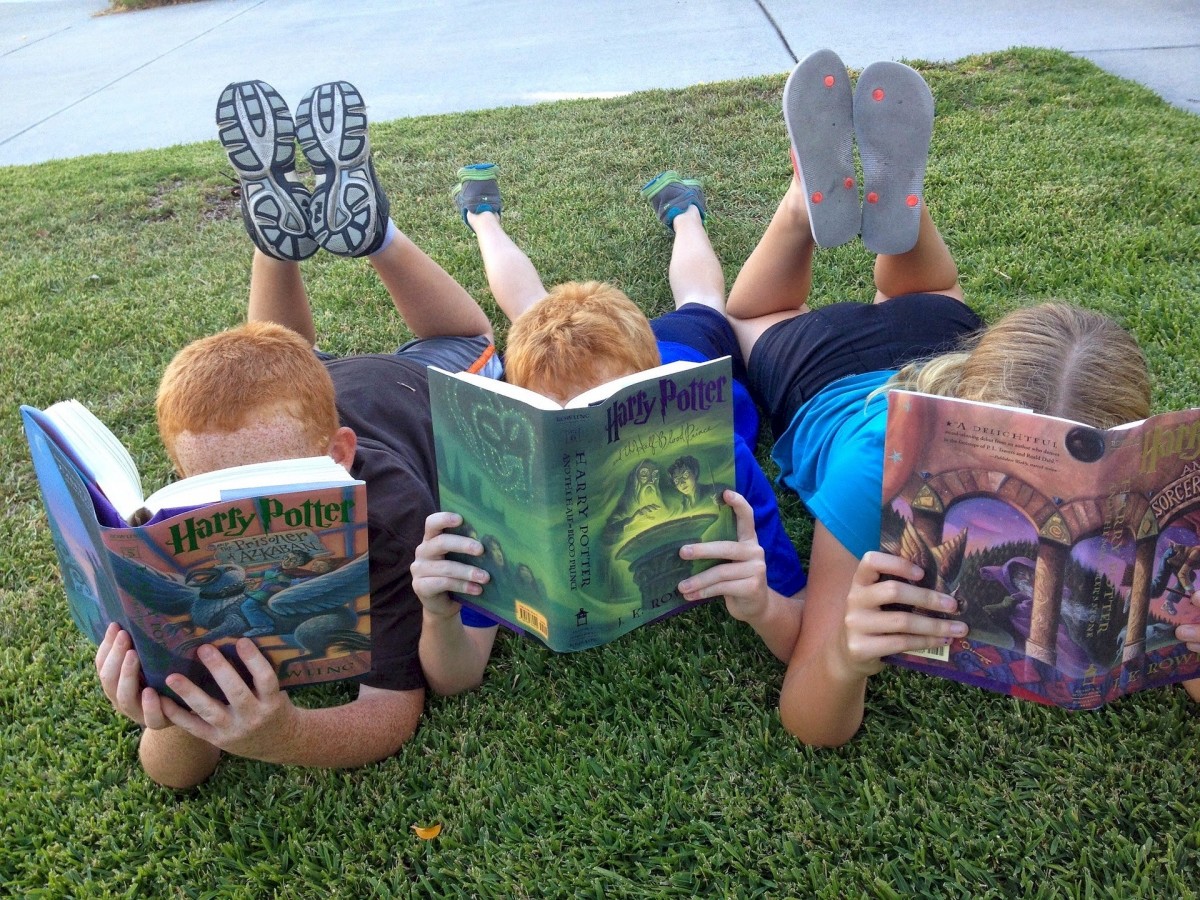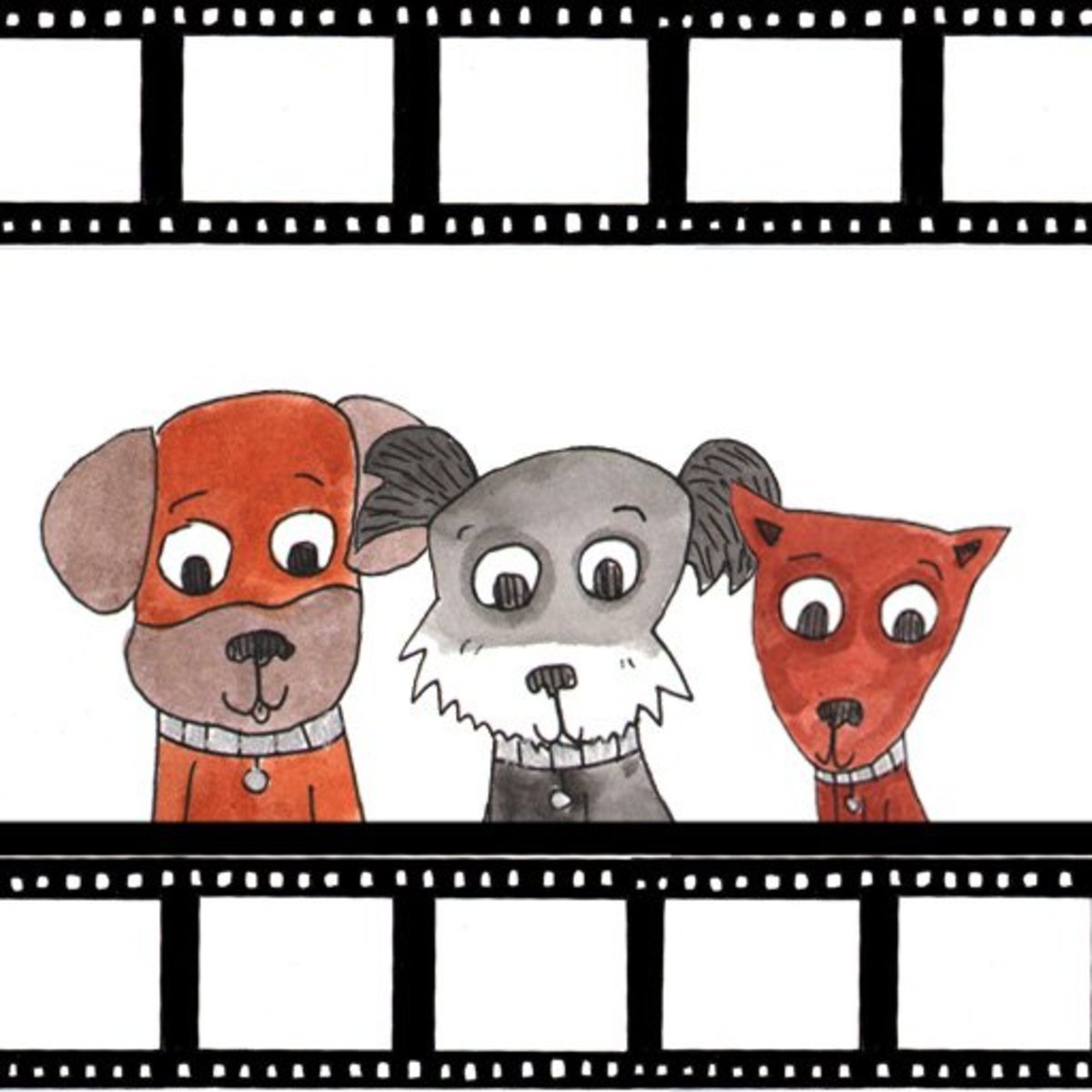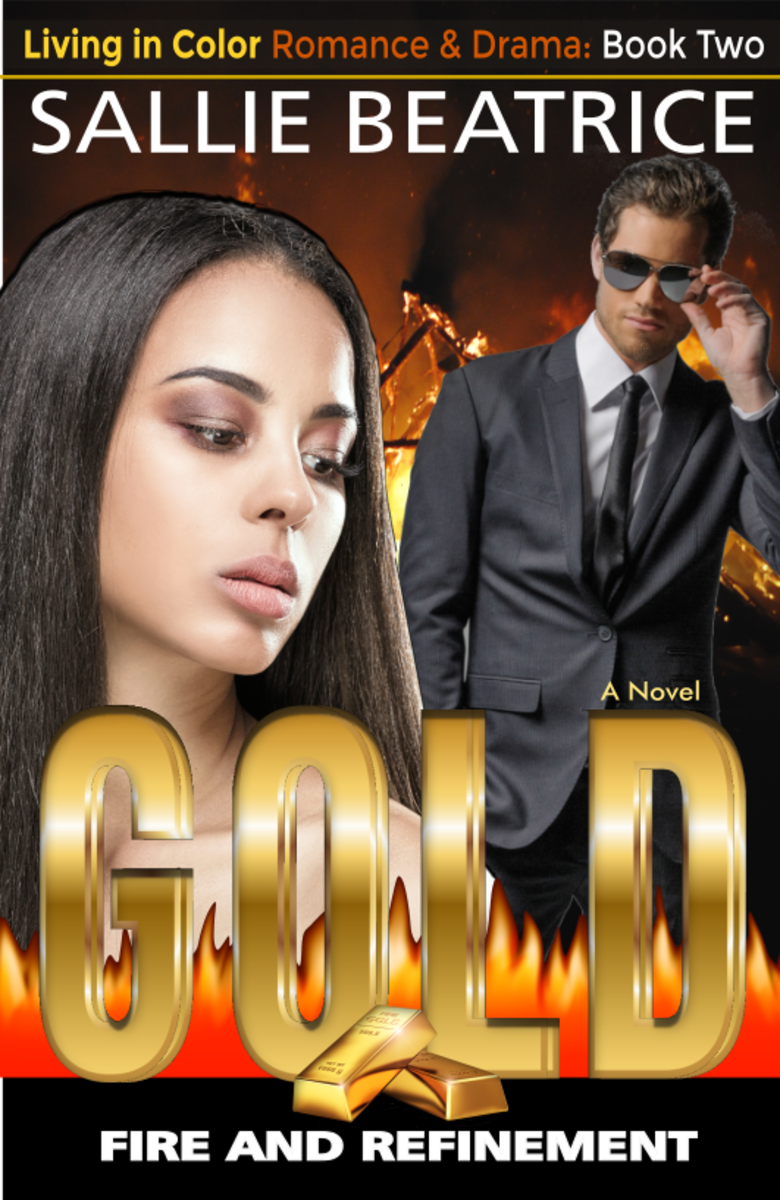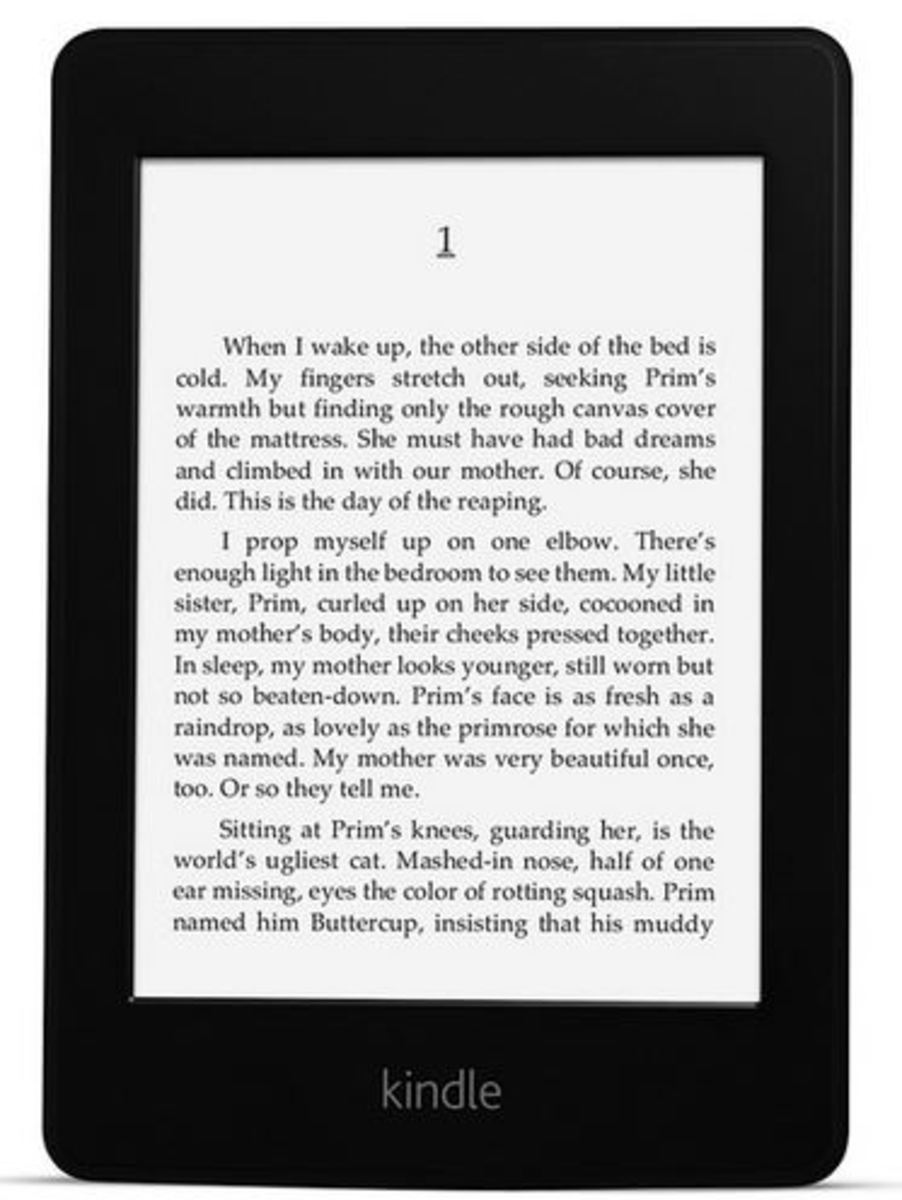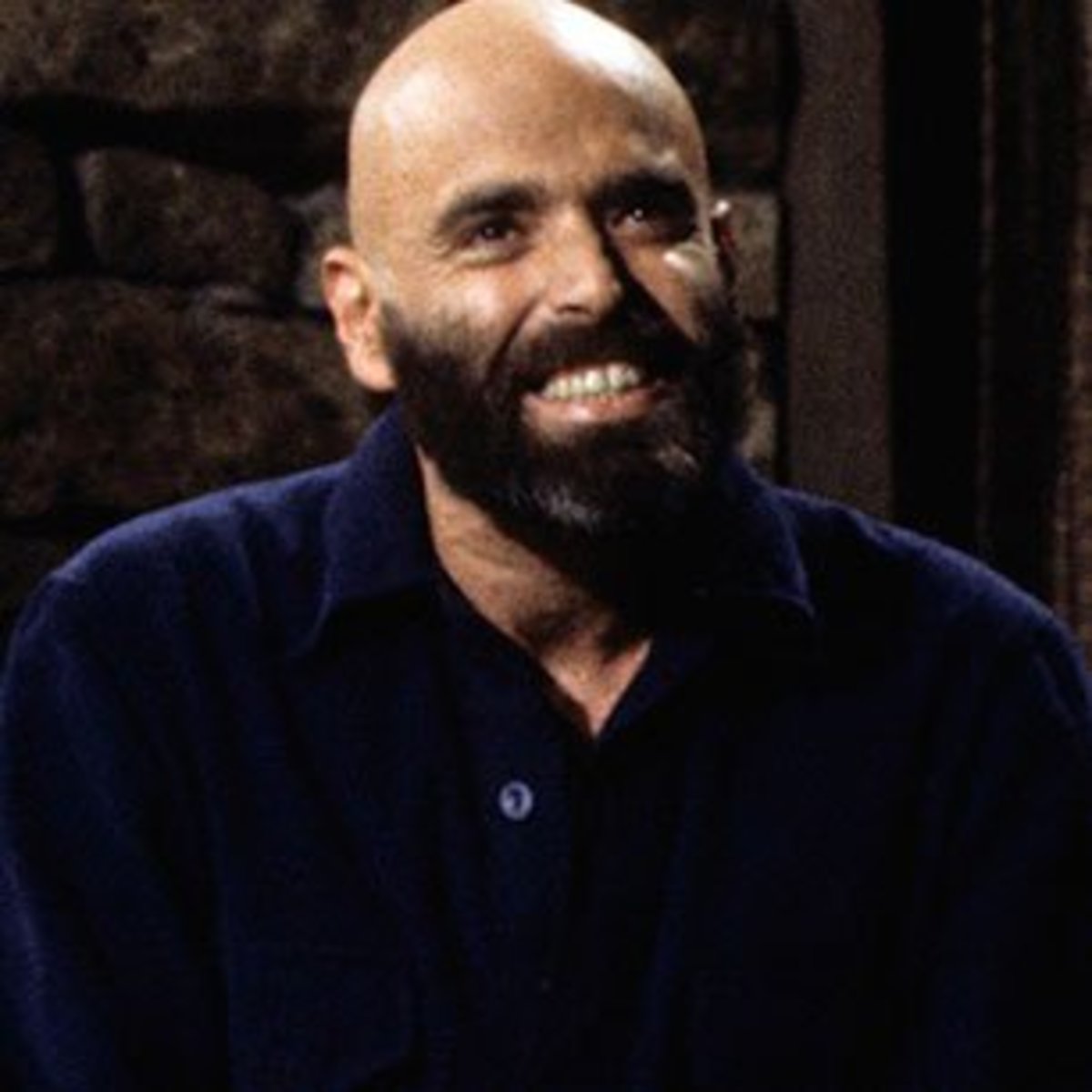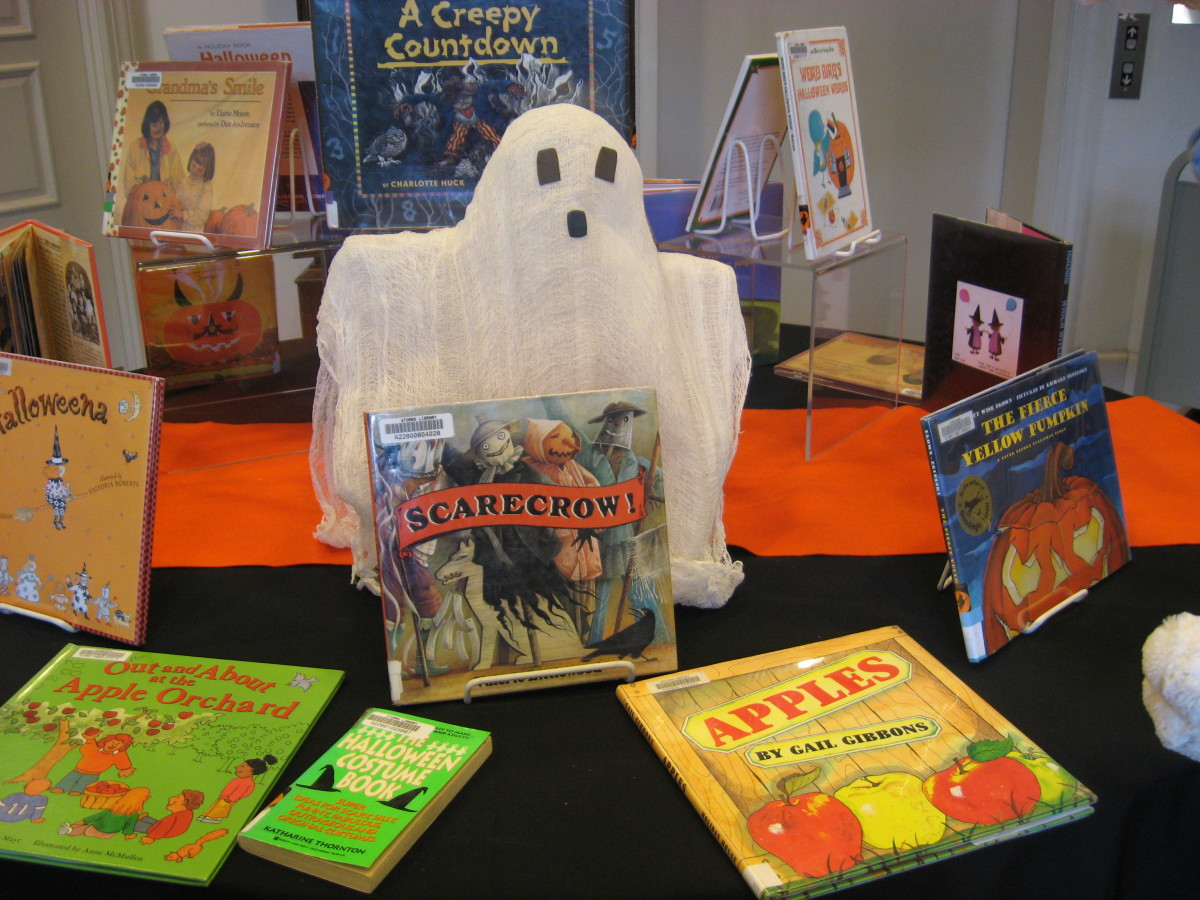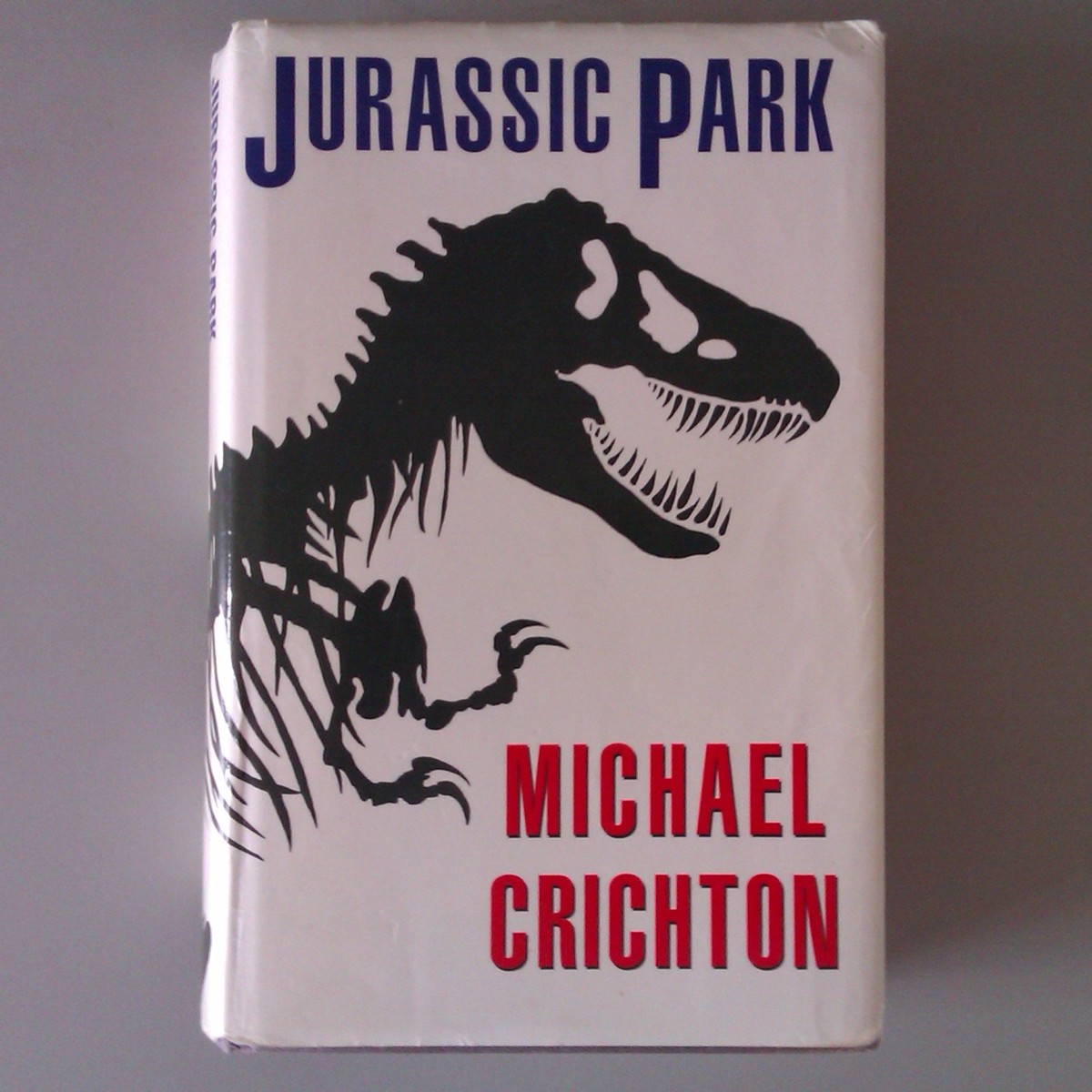Should You Self-Publish Your Books?
Next Step...
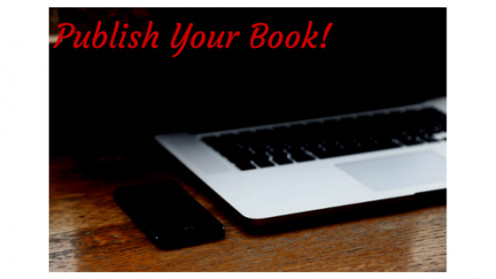
Flying Solo

Why I Self-Publish...
You've done what it takes. You finished your book. It's as perfect as you can make it. Now, do you self-publish your book or turn it over to strangers in suits with motives much different than your own?
Let me ask you this: is anyone going to love it as much as you do?
I self-publish my books. With a baker's dozen on my shelf with my name on the binding, I don't even think about it anymore.
The words, the title, the cover, everything is mine. It wasn't always that way, and I look back with regret at the days when publishing yourself was ridiculously hard and expensive to do. Those days are over. There's a whole universe of great new books out there to prove it.
Self-Publishing Is Easy and Free
It's easy put your own book together. Nobody will give it the love and respect you will.
Stepping out on a limb to self-publish my book, thanks to the many options now available for independent writers, I was really surprised to find places lie CreateSpace and Lulu ready for me with easy, step by step guides and options I'd never thought of, all of it free.
New innovating, online companies have popped up to offer real opportunities to get in print. Your publisher makes money only when your book sells, just as it should be.
Do-It-Yourself Isn't Vanity
In spite of years of unhappy experiences, I'd always stuck with the traditional publishing route because, like most writers, I felt there was a stigma attached to the DIY publishing process.
When I first started writing novels, what were called "vanity presses" charged big fees to put you in print. You didn't get much of anything more than that - except, of course, promises.
You might wind up with a shelf full of beautifully bound books collecting dust in your basement. They'd done all they promised.
But wait a minute. Times really have changed.
If I believed in my work, why should the publishing process be anything but neutral, just a necessary piece of getting the job completed?
A more sensitive question for me and, I think, for a lot of other creative people was: Why should I beg faceless people in New York who've never written anything or, even worse, agents who make their dough playing gatekeeper - why should I be pleading with them to anoint my work according to their values and criteria, all of which were probably different than mine?
It seems like simple common sense to me now, but the journey that led me to self-publish my book - the first time - was a long one, longer than it should've been.
Here's my story, and if it shortens or eases the process for you, great.

The Trail To Publishing My Book
The Publishers Made Me Do It
Since I'm a novelist, I'll start with a story about what led me to self-publishing The Garden of What Was and Was Not: The Autobiography of X, my first on my own.
When I finished by first novel, Peter McCarthy, I was twenty-one years old and didn't know what to do with it once it was typed up and corrected. (Yeah, that long ago, typewriter days, and manual at that.)
Most writers, then as now, sent their manuscripts straight in to publishers where they settled into the "slush pile" or were said to come in "over the transom," both derogatory terms for unsolicited manuscripts.
You risked losing your manuscript forever if you didn't include a self-addressed stamped envelope, although short story writing legend Ring Lardner Jr. once remarked that doing so was too much of a temptation for the publishers.
A Friend in the House
Lucky for me, I met a guy who had recently published a successful first novel. Because his high profile day job had little in common with his career as a novelist, he used the penname Paul Marttin.
My friend's book, no longer in print, was Hearts Blood. He offered to read my manuscript and liked it. In fact, he liked it so much, he used his contacts to maneuver it around the slush pile to be read by editors with power to make yes and no decisions.
I soon found that, although they complimented my book, editors with skin in the game didn't like it as much as Paul did.
At 21, I was crushed by even the suggestion that my jewel needed a "complete rewrite," long before I learned to consider rewriting the most important part of producing great prose.
Although Paul encouraged me to "Keep knocking," I was quickly too discouraged to knock on many doors, but that wasn't what turned me off on publishers.
Punishment for Nothing on Publishers Row
What did it was Paul's experience with his next novel, Cocoa Blades, the story of a black iceskating champ set against the turmoil, racial and otherwise, roiling America in the late 1960s.
Paul loved it, but his editor didn't.
The topic was more extreme than you'd think these days, and the editor found blending in insights on the Vietnam War, racial prejudice and drugs was too ambitious. Agreeing to publish Cocoa Blades only because Paul's first book had done so well, the editor pushed it through only after gutting it.
The experience was as disheartening for Paul as it was for me.
A respected professional in another field already, Paul never finished another novel. He started a few. We talked about what we were doing from time to time, and the only difference between us was that I was finishing some of my work.
Fusible Links and Funny Music followed for me, but I never sent either to any publisher. They rested quietly in a trunk with my stack of poetry.
Why Self Publishing Makes Sense
As much as I disliked the situation I found myself in, I was detached enough to understand.
Those faceless men and women in suits crowding onto subways to get to work on unsolicited manuscripts weren't mean-spirited, although the natural literary snobbery of New York might make you think so. They were in a business that had to make money.
They just didn't think my books were "commercial."
I didn't necessarily disagree, but most young writers are aware of the many errors in publishing decisions, like the two dozen or so who refused to touch eventual huge bestseller, Peyton Place, that argued for some real weakness in the process.
Of course, this all misses the point. My first goal was to write something true and write it very well.
If I stopped for a minute to think about writing to sell, the inspiration went out of me like a squeezed sponge.
(Okay, I admit I dabbled in short stories for romance magazines long enough to make myself sick, about two weeks to enlightenment.)
It didn't surprise me that my work wasn't finding its way through the maze of big time publishing. Hell, I decided, I'll just keep writing and make my living doing something else.
Easy.
Well, maybe not. A critical element in writing is readers. I still needed to find some.

A Decision To Self Publish My Book - And What I learned
One day, my lifelong passion to write fiction kicked in, and while daydreaming about starting a new novel, something unusual happened.
I was able to picture how it would all go down, start to finish, and an original approach to getting it done.
I definitely did not want to write one more story that started at Point A and made its way logically to Point B. The formula was tired, and most of the books I read were so obvious in their constructions.
I just didn't want to do what everyone else was doing. I wanted something more abstract, something with surprising dynamics and energy pushing in different directions. In other words, the hell with linear time.
What fun that was to write!
But when I finished The Garden of What Was and Was Not, I wasn't willing to add it to my trunk of unpublished, and unread, manuscripts. I wasn't going to try convincing anyone to reluctantly publish it.
The idea of pleading with traditional publishers made me sick. Life's too short. Besides, if I believed in my novel, why not become a publisher myself?
Yes, I know the supposed advantages of having an established book marketing operation working for you, trying to get your work on shelves in bookstores and making critics aware enough to consider reviewing.
But I believe those advantages are inflated. A ton of books die in remainder bins, selling for a few bucks apiece, evidence of either bad judgment or poor marketing by the publisher.
I felt that I was just as capable of poor marketing as the big time publishers were, but I really trusted my judgment about how good The Garden of What Was and Was Not happened to be.
Along The Way To Self-Publishing
Life Lessons
Publishing your own book may feel a little like going blind into a maze of tunnels, but it isn't that way.
When I put The Garden of What Was and Was Not on the market, I paid for services by a company called iUniverse.
You'll see them advertising on the internet. They're self-publishing only, and I got some excellent services from them, but in retrospect, their interest is in selling publishing, not books, and while they do a lot of the former, they do as little as possible of the latter.
Although they were helpful, the didn't do all they promised. The worst was their promise to do a thorough editorial review, something I knew I needed. I can't say they failed completely, but it was obvious from reading their appraisal that the reviewer read no more than the first half of my book.
I decided the iUniverse would be one-time deal, but before I could do the final rewrite on my next novel, something really unique and unexpected happened.
A book came to me, and if I had a better way to describe it, I'd use it.
After years of telling my wife that I was "the world's luckiest man," I realized I must also be the world's happiest, and from there, the book just happened.
My novels take years to write, but A Million Different Things: Meditations of The World's Happiest Man took about three months, start to finish. And it was easily the strangest experience I've ever had.
The title came to me.
Meditations? Were these vignettes meditations? I don't know.
As I began writing, I had the whole structure clearly in my mind, not to say I thought it up. It was just there. I also knew how long it would be in total words.
I sat down in the morning, laptop at my fingertips and just let it rip. More about that later.
With only a final rewrite to go on Traveling Without A Passport, I had two books I needed to get published, and a third, the first of the cat books I wrote and my wife illustrated, was within reach.
I decided that three books in three months would be an exciting kind of ride, and I needed a publisher I could work with.
I found CreateSpace before I realized they were Amazon's self-publishing wing.
They offered everything iUniverse had given me, except the editorial review that never really happened, and a lot of flexibility.
I recommend CreateSpace without hesitation. (Don't worry. I don't get any reward for recommending them.)
They worked with me to produce all three books on time, load them up on Amazon, and the only penny I ever have had to pay, except for the cost of a single review copy, is when I buy a bunch of the books to sell myself.
When someone buys my books on Amazon, they pay me. Couldn't be easier. Or faster.
From the day I submit my manuscript, I have copies in hand and on Amazon in two weeks.
That's my kind of speed.
Self-Publishing Books Nobody Wrote
Writing nonfiction books is not something I aspired to do or thought I had the stature to do.
Publishers want you to prove your expertise before they even consider looking at your manuscript. What was my expertise? Hm, maybe I was the rare individual without any.
Inasmuch as my nonfiction books were completely unexpected, it fits that they are also unplanned, inspired and the most enjoyment I ever had writing.
After the first one, I thought I was done, but then, Amazing: Truths About Conscious Awareness arrived in the same way.

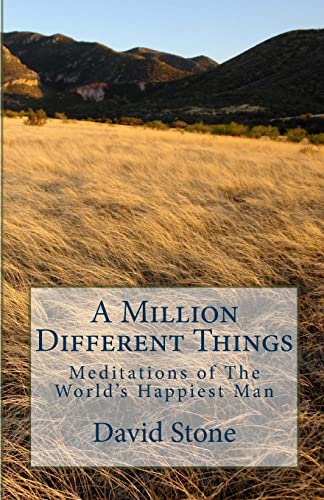
Writing and Publishing Cat Books As A Team
Where Traditional Publishers and I Separated For Good
My wife is a Cat Artist, and I'm her biggest fan.
One way I came up with to promote her work was to write a book that she could use her skills to illustrate.
We first talked about the idea while appreciating the cat-friendly city of Amsterdam and daydreamed about financing regular trips to Europe by going to do research. We both love cats, and we love travel.
Well, we haven't gotten far enough to make going to Europe just for research sensible, but our books have done well, no thanks to the traditional publishing industry.
Thinking I had a really marketable concept, I began querying them, one at a time, just as all the handbooks suggest.
What I learned was that the form letters and indifference are just as sickening as they always were. Credit where credit is due, I did get one nice personal reply from an editor at the book publishing wing of the San Francisco Chronicle.
She wrote that she liked the idea, but they tried a similar book recently that didn't do so well. So, thanks, but no.
I'm happy to say that my publisher - that would be me - had no such hesitation, and I was really happy to see what a great job CreateSpace did with reproducing my wife's illustrations.
The books look great, and although I think I did a good job writing, the illustrations and cover design by my wife are what really sells them.


Self-Publishing Cat Books - Taking Our Cats To Paris and All Around New York
Of all seven books I've self-published so far, the cat books have been the most satisfying in the way they look when finished.
Any printer can make prose look right, but getting the colors in the illustrations to be true is not something most publishers do well.
They are critical to the success of our cat books, and CreateSpace, once again, exceeded what I expected.
© 2013 David Stone

